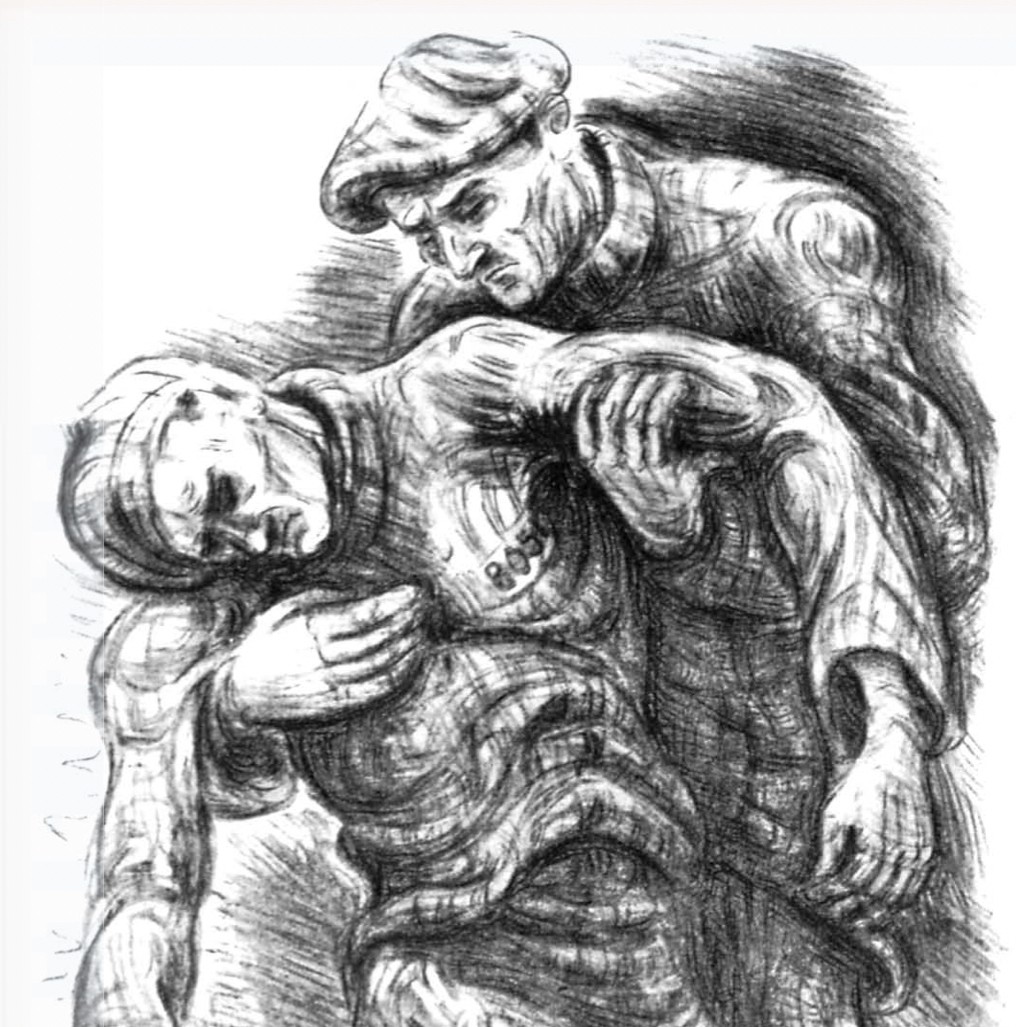Watch video below.
Europe and the United Nations commemorate the victims of the Shoah each winter on the date of Auschwitz's liberation in 1945, and the Italian Academy marks Holocaust Remembrance Day with an annual academic event exploring issues of discrimination and crimes against humanity.
Last year, the Academy broadened its focus to explore another minority group that was targeted in the racism and xenophobia of the Nazi and Fascist regimes, and that suffered and died along with the millions of Jews: the Roma and Sinti (known as Gypsies), who were also judged to be "racially inferior." This year, our Holocaust Remembrance will focus on sexuality and homosexuality in Nazi Germany and Fascist Italy. Thousands of men, primarily, were victims of state persecution and violence: arrested, institutionalized in mental hospitals, castrated, or imprisoned in jails or concentration camps where they succumbed to starvation, disease, exhaustion, beatings, and murder.
Speaker Bios
Elizabeth Leake is professor, Acting Chair, and Director of Graduate Studies in the Italian Department at Columbia. Her research interests include Twentieth Century narrative and theatre, psychoanalytic and ideological studies in Italian literature, fascist Italy, Italian cinema, and early Danish cinema. She is a recipient of the Modern Language Association Aldo and Jeanne Scaglione Publication Award for a Manuscript in Italian Literary Studies for her book The Reinvention of Ignazio Silone (2003) and The National Endowment for the Humanities Fellowship for College Teachers and Independent Scholars 2001. Her latest book, After Words: Suicide and Authorship in Twentieth Century Italy, was published in February of this year, and she is co-authoring another entitled Representing Confino.
Edward (Ted) Phillips joined the Museum in 1994 and has been Director of the Division of Exhibitions since June 2008. Throughout his career at the Museum, he has been a member of the curatorial teams for special and traveling exhibitions, and has worked on nearly 40 exhibition projects. He also helped develop and edit educational and exhibition publications that accompanied several of the major exhibitions. Ted earned a Ph.D. in Russian and Early Modern European History from the University of North Carolina, Chapel Hill. Prior to joining the Museum, he taught Russian history at the University of Maryland, College Park, the University of North Carolina, Chapel Hill, and North Carolina State University. Between 2000 and 2002, Ted curated the Museum’s traveling exhibition Nazi Persecution of Homosexuals 1933–1945.
Remembrance Initiatives at the Academy since 2008
